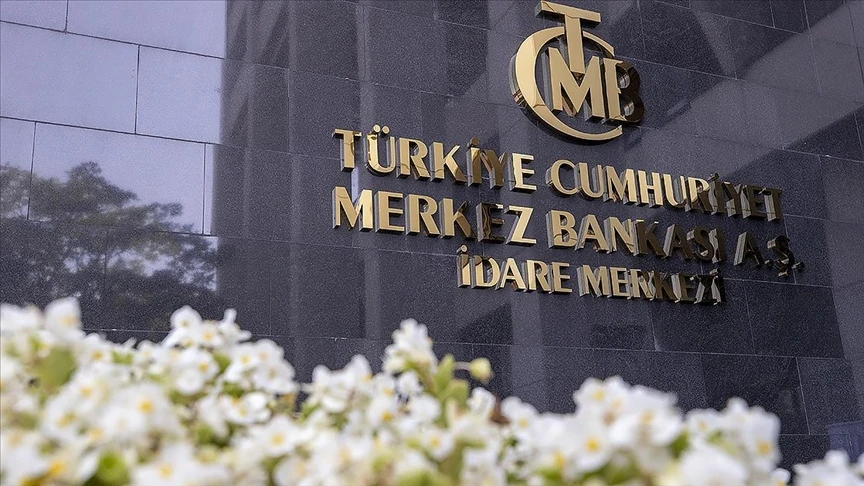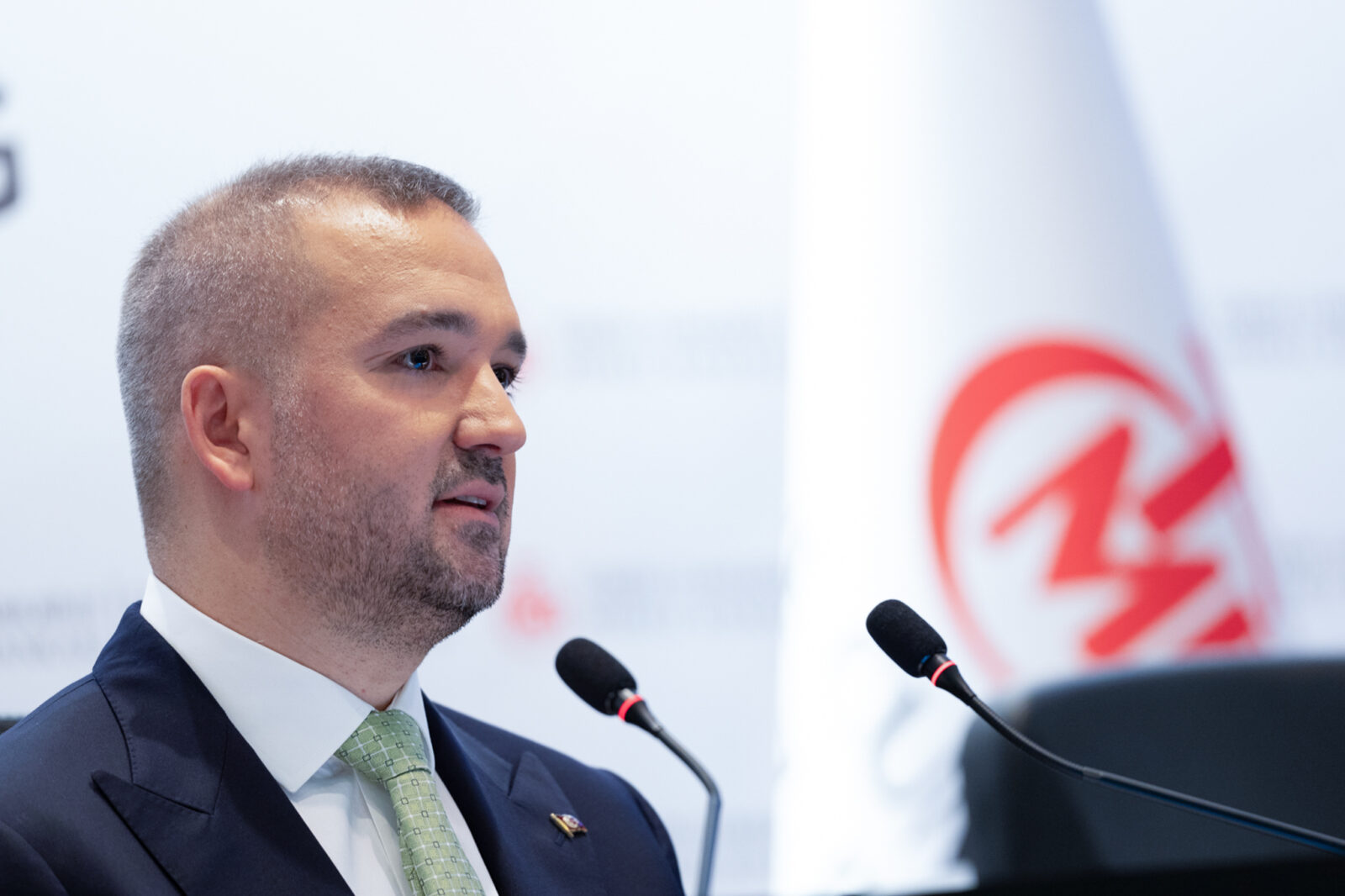Central Bank of Türkiye revises inflation forecasts upwards
 Central Bank of Türkiye pictured on November 3, 2024. (AA Photo)
Central Bank of Türkiye pictured on November 3, 2024. (AA Photo)
The Central Bank of Türkiye (CBRT) raised its year-end inflation forecasts for 2024 and 2025, while maintaining a firm stance on monetary policy despite upward revisions. Governor Fatih Karahan emphasized the commitment to fighting inflation, projecting significant improvement by 2026.
2024 and 2025 inflation forecasts revised
The Central Bank of Türkiye has updated its year-end inflation estimates for 2024 and 2025 to 44% and 21%, respectively, according to Governor Fatih Karahan.
Speaking at the presentation of the 4th Inflation Report, Karahan predicted that inflation would fall to 12% by the end of 2026.
Consistent tight monetary policy
Karahan emphasized the continued implementation of strict monetary policies, aimed at stabilizing the Turkish lira and curbing inflation. He noted that the bank has kept the policy interest rate unchanged since March, when it was raised to 50%.
This decision aligns with the bank’s strategy to maintain a tight policy stance until a lasting decline in inflation is observed. Karahan mentioned, “We expect a sustained decline in inflation as domestic demand balances, and the lira strengthens.”

Key statements from Governor Karahan
- “The decline in the reference rates used in rental contracts indicates that monthly rent inflation will slow down in the last quarter.”
- “Our monetary policy stance and macroprudential framework will ensure that deposit rates remain at levels that will increase savings and the transition to the Turkish lira.”
- “We revised our year-end inflation forecasts for 2024 and 2025 upwards to 44 and 21 percent. We expect inflation to fall to 12 percent in 2026.”
- “(Inflation forecast) The upward revision does not indicate a change in monetary policy stance in any way.”
- “(Minimum wage) It is out of the question for us to make a normative assessment, we are not decision makers. We do not make formal or informal recommendations.”

External factors and domestic challenges
The updated forecasts account for external pressures, including fluctuating global energy prices and increased domestic food prices. Karahan noted a downward revision in crude oil price assumptions but adjusted food price forecasts upward due to rising unprocessed food inflation.
Additionally, domestic factors such as earthquake-related expenditures and structural challenges in the housing market have contributed to persistent inflationary pressures.
Structural adjustments and policy measures
Governor Karahan highlighted several macroprudential measures implemented by the CBRT to support lira deposits and limit credit expansion. The bank has taken steps to increase the share of lira deposits, reduce FX-linked deposits, and manage liquidity through targeted interventions.
Karahan underscored the importance of aligning fiscal and monetary policies to reinforce the disinflation process, noting, “Our coordinated approach aims to ensure that inflation expectations align with our targets.”

Long-term projections and policy implications
Despite revising forecasts upward, Karahan affirmed that the CBRT’s policy direction remains unchanged, with no plans for immediate interest rate cuts. “The upward revision in inflation estimates does not indicate a shift in policy stance,” Karahan reiterated.
He projected that inflation will stabilize at 5% in the medium term, provided that tight monetary measures and coordinated fiscal policies continue.



